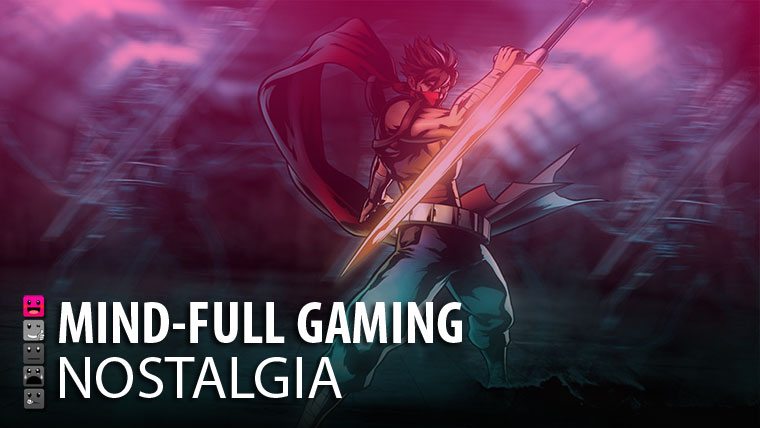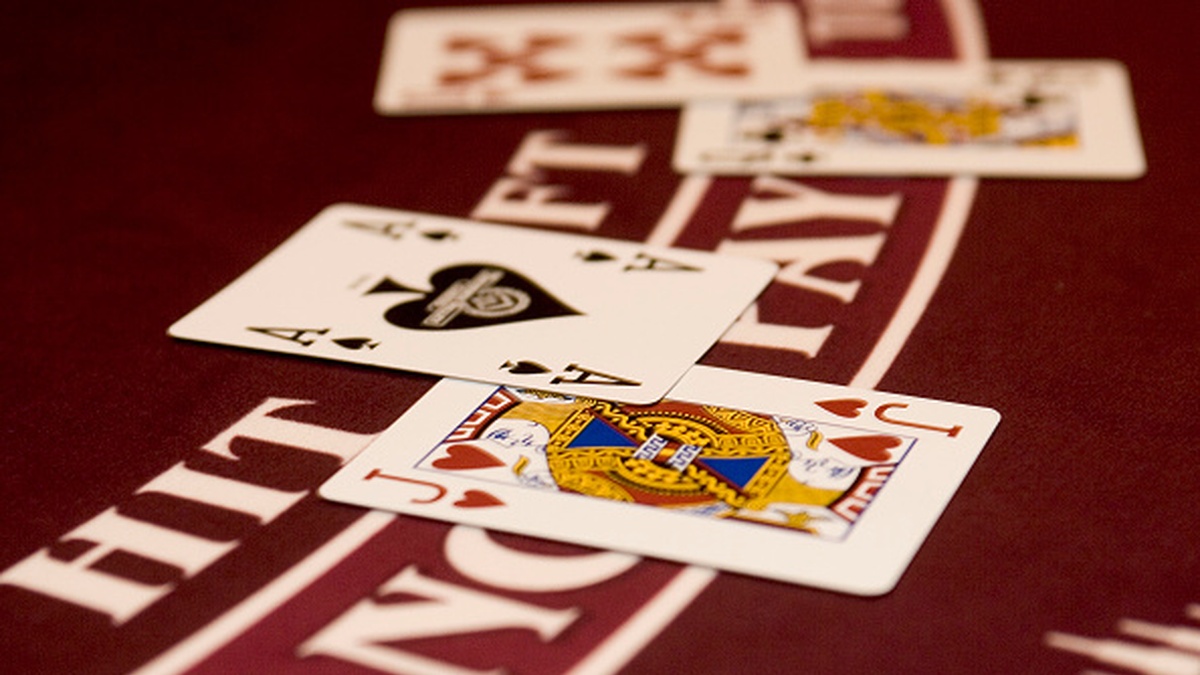Nostalgia is an important part of both the human world and gaming industry. Everyone that has ever lived past the age of 6 or so has experienced nostalgia at some point. However, what is nostalgia, and how does it actually relate to gaming? Wikipedia’s entry on Nostalgia begins with: “The term nostalgia describes a sentimentality for the past, typically for a period or place with happy personal associations.” Essentially, nostalgia is that feeling we get when we think about the past. It can be a warm, fuzzy feeling when we remember things that mean a lot to us and make us happy, or it could be a feeling of sadness when we remember a great time in our lives we long to relive again. It’s essentially a big aspect of the idea of “homesickness.”
“But, Saxy, how is this even slightly related to gaming?” You might ask. Well, it’s actually one of the biggest parts of gaming.
Anyone who played the older consoles or games knows this feeling well. You might not have known the term when you were first playing Super Mario 64 or Ocarina of Time, but you sure as hell know it now. The idea first started to sprout in gaming when arcade games were ported over to things like the Atari, SNES, Sega Genesis, and N64, and so on. People cherished their memories of these great arcade games they played when they were kids, but couldn’t afford to go to arcades, or didn’t have any near them as they grew up. So, the gaming industry figured they could play the “nostalgia card”, as I like to call it, and get money off of people’s fond memories.
The idea didn’t stop there. As consoles evolved, nostalgia became more and more prevalent in gamers as they grew up. Eventually, there started to be an ever growing amount of nostalgia games and ports that made more and more money for the game developers and studios. It made a lot of gamers happy, and brought in lots of money.
Now, every console has a massive amount of nostalgia games ported and re-released on a regular basis. Sometimes they’re just games that are a few years old and get a reboot with better graphics or fixing some of the problems in the original game. Regardless of what the developers fix about the game, people still love seeing games they remember come back.
Probably one of the best examples of this was “Duke Nukem Forever.” That games took over a decade to be released, going through developers, engine changes, and just breakdowns in the project. Then, the game is released and everyone that played the original Duke Nukems back in the 90’s and 2000’s freaked out and bought it. Then, people found out the game wasn’t what they wanted at all, in fact, it was so inferior to what they had expected, the reviews for it were terrible and harsh. Regardless of what one thought about the game, people still loved the idea they had of that game in their minds, and that’s why they bought it, not because it was good or bad.
There are countless more examples of the gaming industry using the nostalgia card, from sequels, prequels, reboots, ports, and revisits to games, but it all leads back to the same root: people loved games back in their younger years, and thus want to relive those memories of these games by playing them again. This love of the past has existed for as long as civilization has existed, and in fact, exists in almost every language, both past and present, since writing began. You can go to Egypt and find hieroglyphs talking about homesickness and longing for past happiness, and it’s in almost every language we’ve deciphered afterwards.
In closing, nostalgia is a major part of both the human psyche and games themselves. We play old games because we remember the good times we had while playing them. As long as we enjoy past memories, nostalgia will continue to exist. We will continue to play out this romantic idea of past events and games played when we were young, no matter whether anything was actually good about that game in the first place. However, regardless of the game reviews, psychologists, or meditation one may go through during their lives, nostalgia will still be a fantastic and wondrous aspect of our lives, and we’ll always have those fond memories of games for as long as we continue to feel nostalgia. This is Saxy, and let’s keep on gaming.











Published: Jul 29, 2013 11:09 am